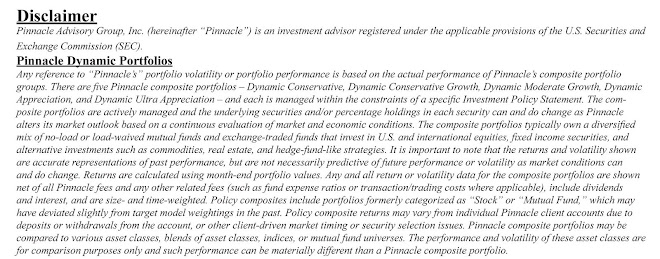I recently engaged in some correspondence with a money manager who is a technical trader who makes “non-emotional” trend-following decisions for changing portfolio construction. I welcome any and all techniques that managers use to manage risk, but I had to smile at the thought of “unemotional” investing. I know that professional money managers are supposed to be completely dispassionate automatons who evaluate data with computer-like efficiency. But in my experience, that simply isn’t the case. In fact, while evaluating the performance of other managers we often imagine the “water cooler conversations” that must be taking place whenever a particular investment strategy isn’t working. And believe me, at one time or another, virtually every investment strategy doesn’t work for some period of time.
For trend followers, the water cooler conversations take place when the market does not exhibit a strong trend and portfolio managers are whipsawed in and out of the market. For regression to the mean managers the water cooler moment occurs when market prices continue to trend well above where they have historically mean-reverted back to their long-term moving averages. For investors who rely on market sentiment, the moment occurs when the consensus gets it right for an extended period of time and being a contrarian turns out to be a disaster….in the short-term. For value managers the moment occurs when stocks stay irrationally priced for longer than they can remain solvent. In each case, we imagine the analysts and managers of the investment firm whose strategy is on the wrong side of the market, gathered by the water cooler, and talking in hushed tones about negative portfolio results and unhappy clients.
Let me be clear. At such times professional money managers are anything but unemotional. They are human and they are all subject to the biases and heuristics that make us human. When the strategy is working I guarantee you that money managers are feeling good, and when it isn’t I guarantee you that you will find hardened professionals whispering by the water cooler about what they will do if things don’t “turn around soon.” The best professionals know and understand these emotions and deal with them in a positive way as they make investment decisions. If you are feeling fear, then the odds are that other investors are feeling the same way, and perhaps that represents a buying opportunity. I don’t believe there is such a thing as unemotional investing. The tactics may be quantitative and not qualitative, but managing emotions will always be part of the art of good money management.

